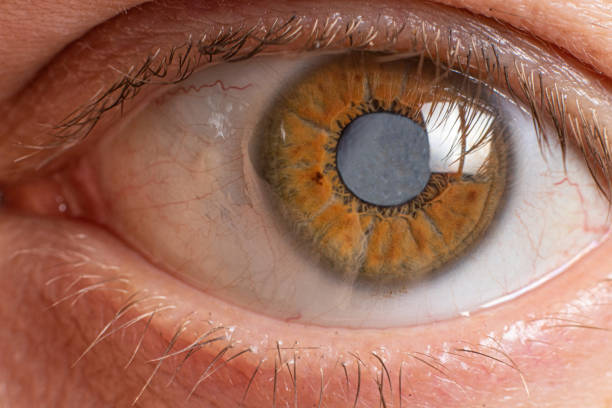Cataract surgery is a common and highly successful procedure aimed at improving vision for individuals suffering from cataracts. Knowing what to expect can help alleviate any anxiety or concerns about the surgery. Here’s a general overview of what to anticipate:
Pre-operative Preparations:
Consultation:
Before the surgery, you’ll meet with your ophthalmologist for a thorough eye examination. This examination helps determine the extent of the cataract and the most suitable intraocular lens (IOL) for your needs.
Anesthesia:
Cataract surgery is usually performed under local anesthesia, which means you’ll be awake during the procedure but won’t feel any pain. In some cases, general anesthesia may be used.
During the Surgery:
Incision:
The surgeon will make a small incision in your eye, often less than 3 millimeters in length.
Lens Removal:
A technique called phacoemulsification is typically used to break the cloudy lens into smaller pieces and remove it. The IOL will replace the natural lens.
IOL Implantation:
The artificial IOL will be inserted into the lens capsule that held your natural lens.
Post-operative Recovery:
Recovery Room:
After surgery, you’ll spend a short time in the recovery area, where your eye will be monitored for any immediate issues.
Eye Patch or Shield:
You may be given an eye patch or shield to protect your eye and prevent accidental rubbing.
Activity Restrictions:
You’ll need to avoid strenuous activities, bending over, and heavy lifting during the initial days after surgery.
Eye Drops:
Your surgeon will prescribe eye drops to prevent infection and reduce inflammation. It’s essential to use these drops as directed.
Follow-up Appointments:
You’ll have a series of follow-up appointments with your surgeon to monitor your progress. These appointments are crucial for ensuring that your eye is healing correctly.
Visual Recovery:
Improvement:
Vision often improves rapidly in the days following surgery, but it may take a few weeks for your vision to stabilize.
Adjustments:
You may need new glasses or contact lenses to achieve the best vision. Your surgeon will advise you on the appropriate prescription.
Potential for Multifocality:
Some patients opt for multifocal IOLs to reduce dependence on glasses for both near and distant vision.
Cataract surgery is a safe and effective procedure, and most individuals experience a significant improvement in their vision and quality of life. However, as with any surgery, there are risks involved, and it’s important to discuss these with your surgeon beforehand.
Knowing what to expect during and after cataract surgery can help you prepare for the procedure and make the recovery process smoother. Your surgeon will provide specific instructions tailored to your situation, ensuring the best possible outcome for your vision and eye health.


